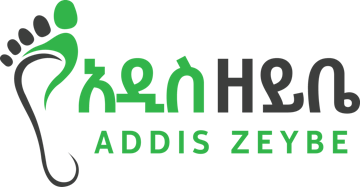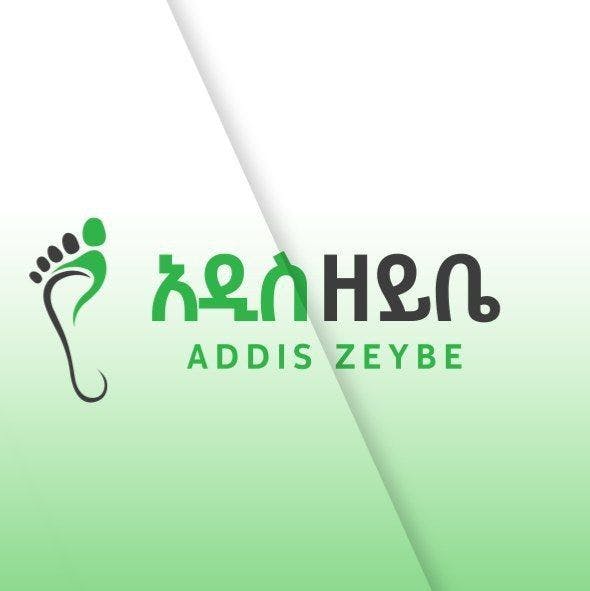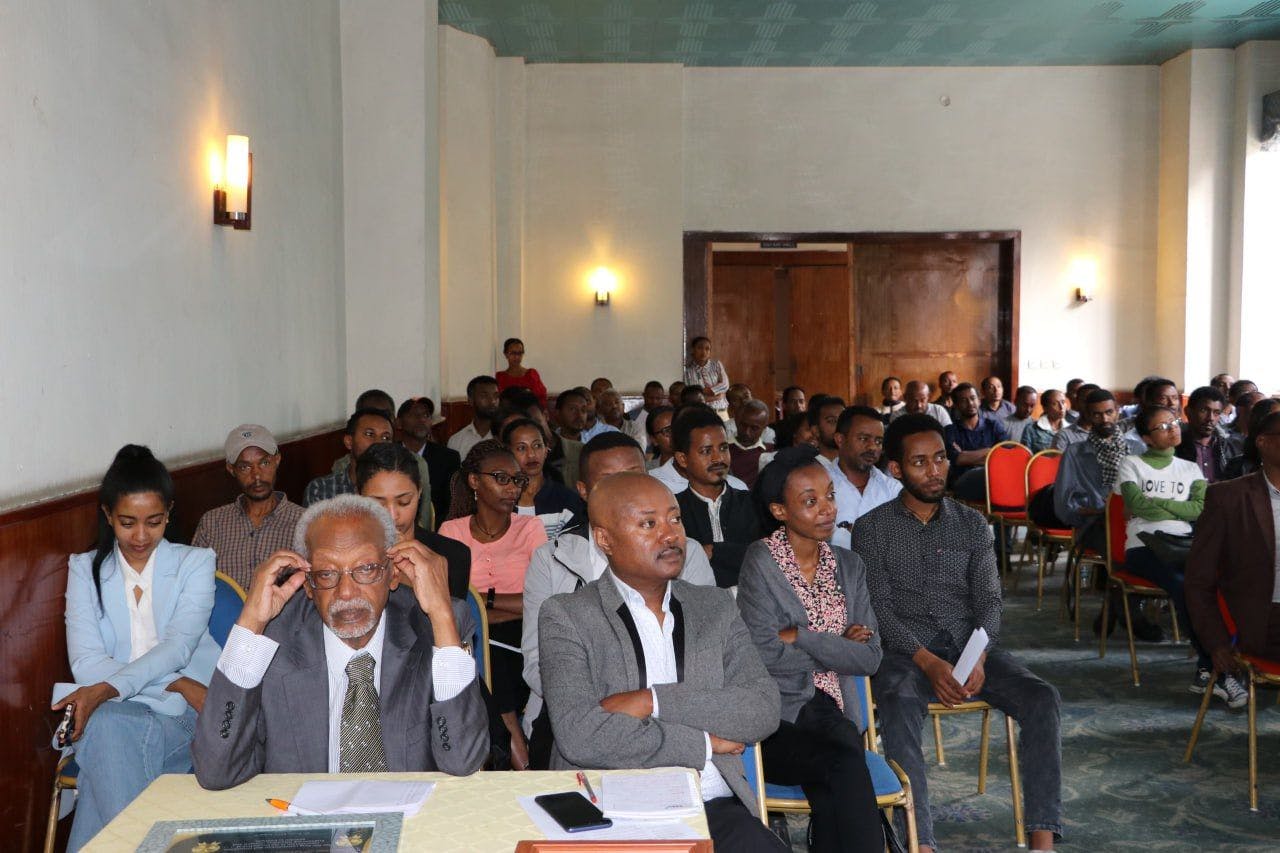A recent study conducted by collaborating researchers from the Addis Ababa Institute of Technology (AAiT) and the Aalto University of Finland, commissioned by the Addis Ababa University Research Office, sheds light on the inadequate site investigation practices in Ethiopia's capital. The study focused on contemporary geotechnical engineering practices. As a result, it revealed that most site investigations for building construction fail to meet the minimum standards established by the Ethiopian Building Code of Standards.
The findings of this two-year-long research were presented at the inaugural Geotechnical Engineering workshop organized by the Ethiopian Geotechnical Society (EGS). The workshop featured a keynote speech by Emeritus Professor Alemayehu Teferra, a renowned geotechnical engineering specialist and educator known as "the Father of Geotechnical Engineering Practice in Ethiopia." In addition, as a tribute to Prof. Alemayehu's contributions, the EGS announced the launch of an annual distinguished lecture series in his honor.
During the workshop, several professionals from academia and industry presented their research findings on on-site investigation and excavation support system practices. The study conducted by Dr. Tensay GebreMedhin, Tewodros Gemechu, and Abdi Bichaka highlighted several alarming findings. According to Ethiopian regulations, soil investigation through boreholes is mandatory for constructing buildings above G+1 levels. However, the study found that 95% of the site investigations failed to meet the minimum depth requirements specified by the code. While the number of boreholes met the criteria in 90% of the cases, the distribution of boreholes on the site showed mixed results. Nearly half of the site investigations failed to accurately incorporate borehole location data in their reports, with instances of incorrect borehole coordinates and even duplicated site investigation reports.
To address these issues, the researchers recommended various interventions, including capacity building for geotechnical engineers and regulatory bodies, digitization of geotechnical data, early involvement of geotechnical engineers in projects, implementation of Building Information Modeling (BIM) in geotechnical practice, and the development of relevant manuals, guidelines, and standards.
A case study by Tewodros Gemechu highlighted the benefits of greater involvement of geotechnical engineering professionals in projects, leading to dynamic updating of subsurface information and significant cost savings. The study showed that active supervision, real-time methodology discussions, and continuous updating of subsurface information during shoring works and excavation resulted in a net saving of 3.45% of the project cost.
The workshop also addressed the excavation support theory, design, and construction theme. Dr. Henok Fikre discussed alternative excavation support systems being practiced abroad and cutting-edge technologies under development. Next, Leamlak Minwuyelet identified gaps in the design practice of shoring works, emphasizing the need for a national annex to the building code. Finally, Ayalneh Wondimu raised concerns about construction stage negligence, poor workmanship, and inappropriate materials usage as major contributors to shoring failures, alongside design assumptions and low-quality site investigation reports.
In a panel discussion that followed the presentations, stakeholders emphasized the importance of continuous professional development through training. They noted that site investigation and excavation support construction must be supervised in Ethiopian civil engineering practice. The president of the Ethiopian Geotechnical Society, Dr. Tezera, concluded the workshop by acknowledging the need for strategic interventions and announced that the Society is finalizing preparations to provide training on shoring design. Furthermore, he stated that the workshop's proceedings would be presented to various stakeholders and regulatory bodies in the government to initiate discussions on ensuring the quality of geotechnical works before any major calamities occur.


